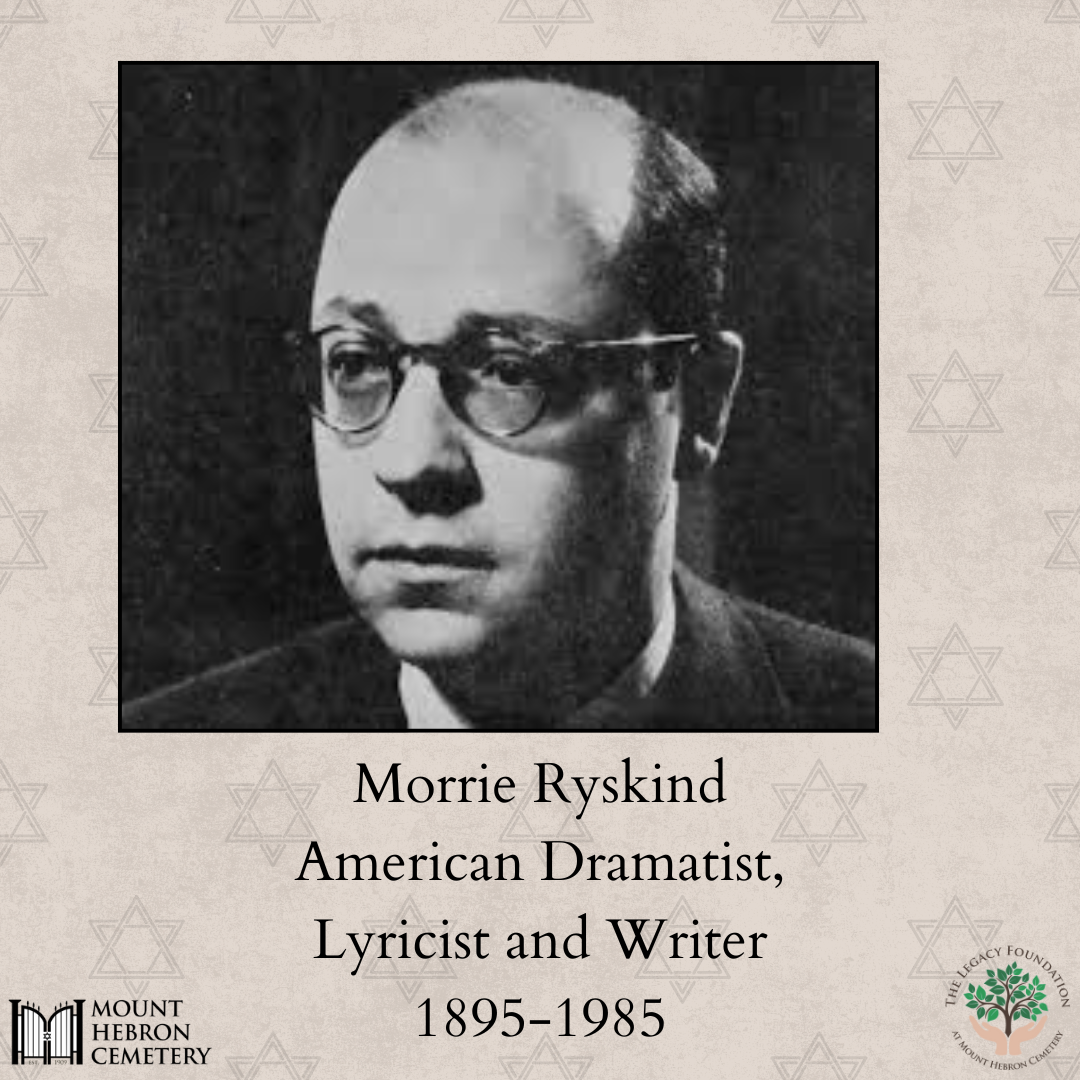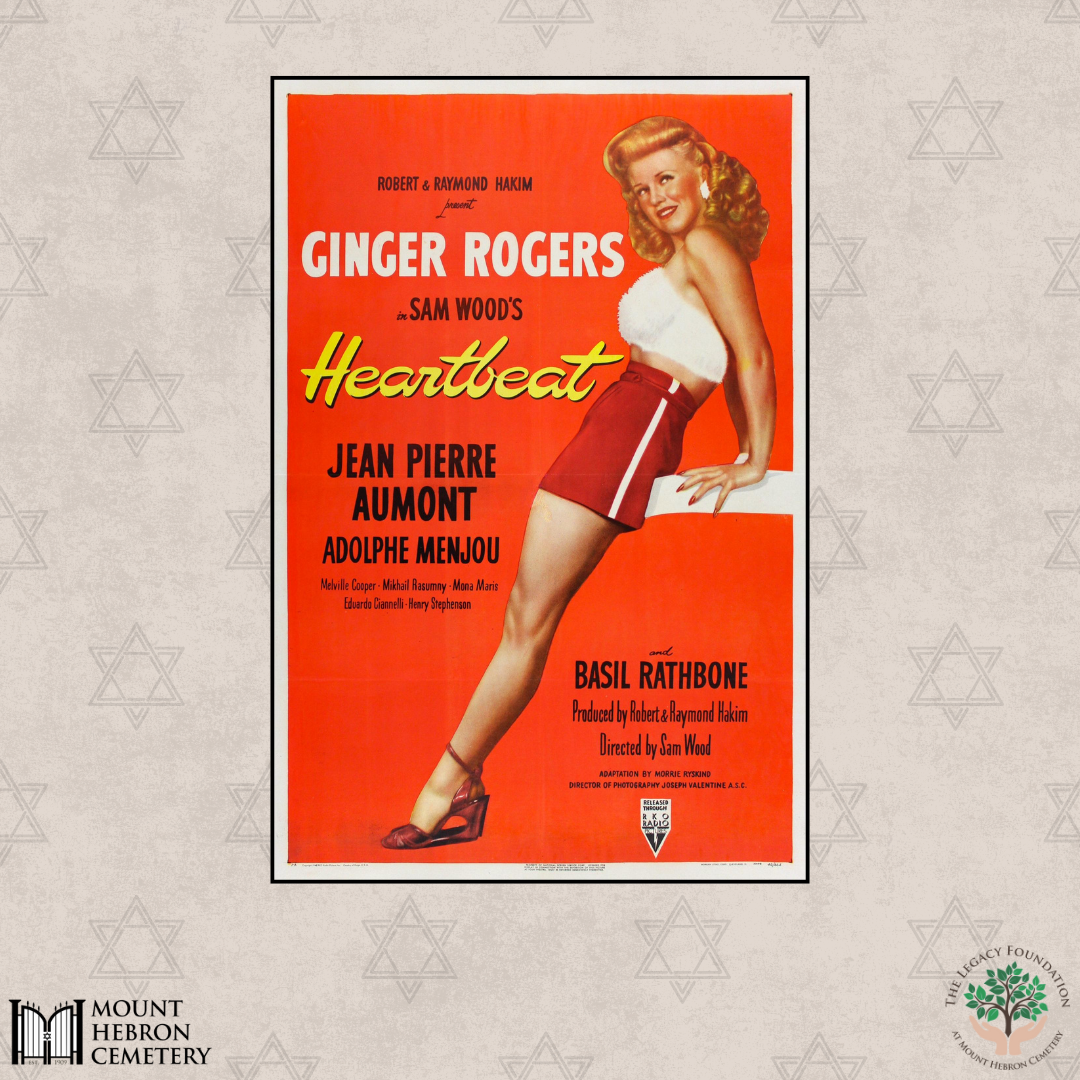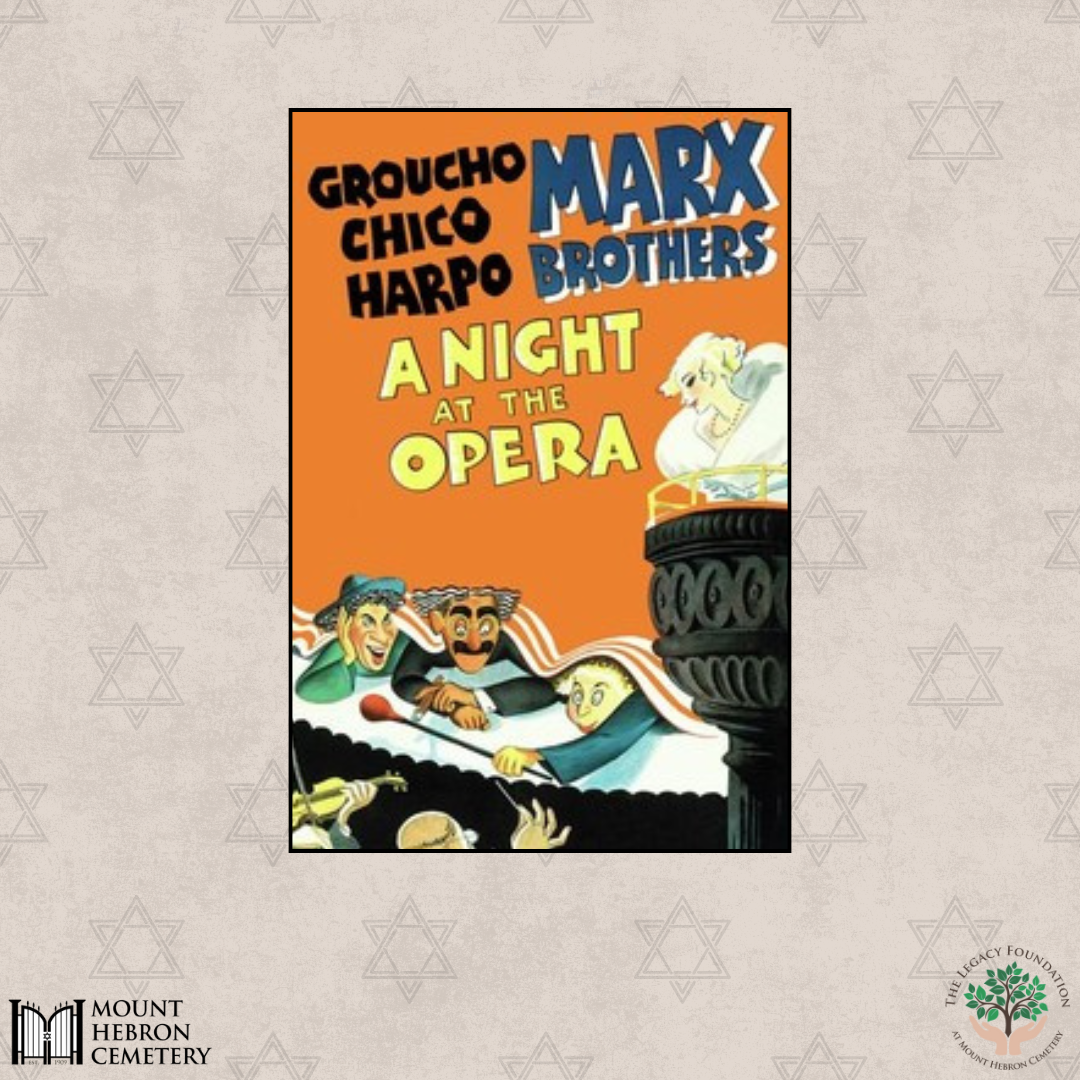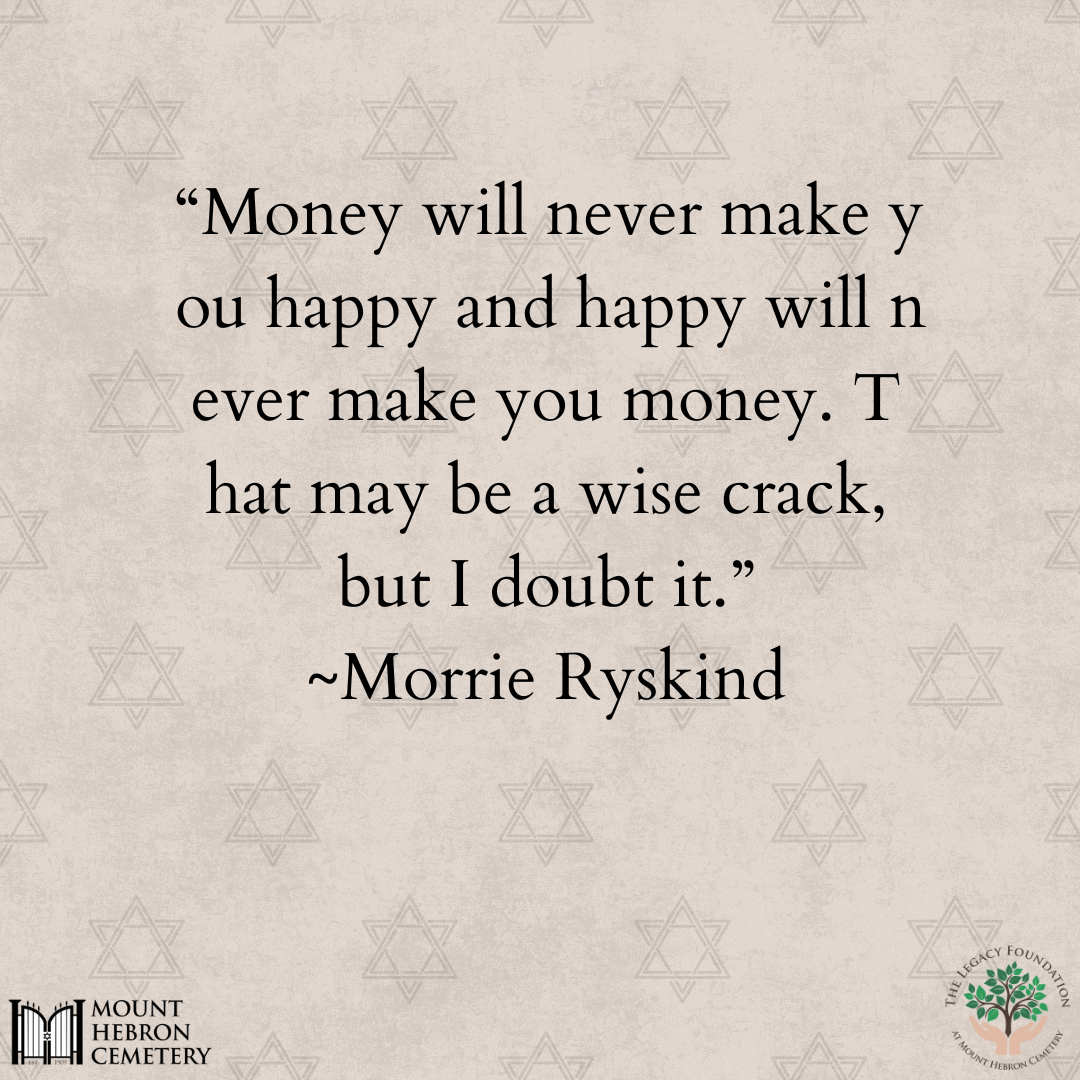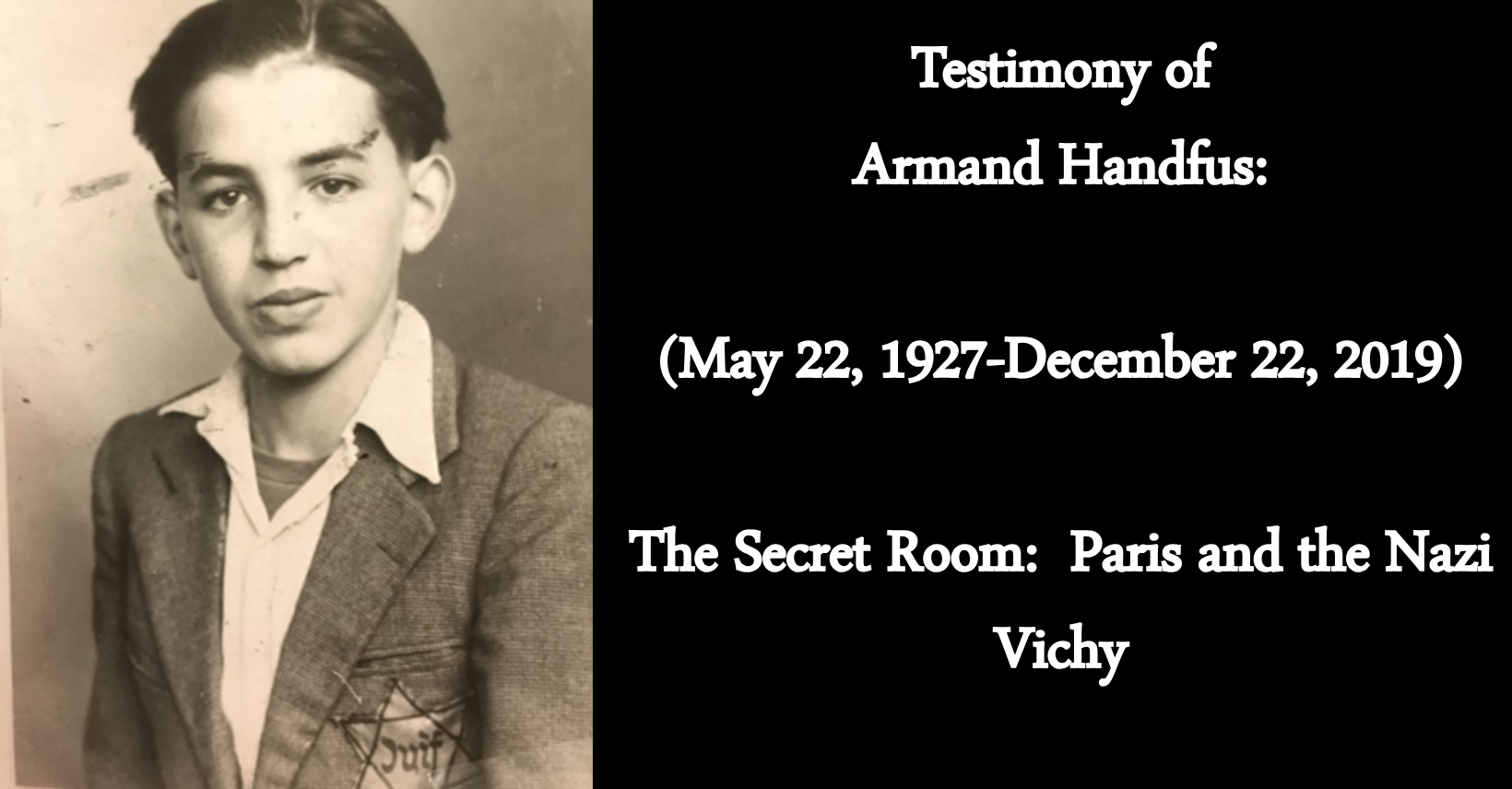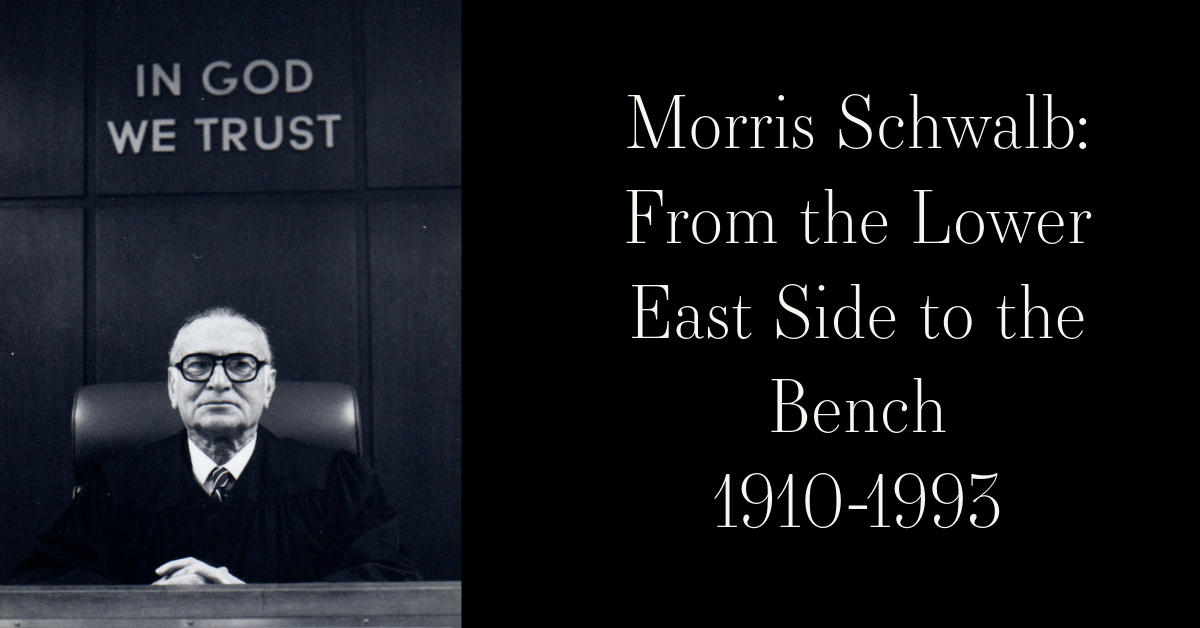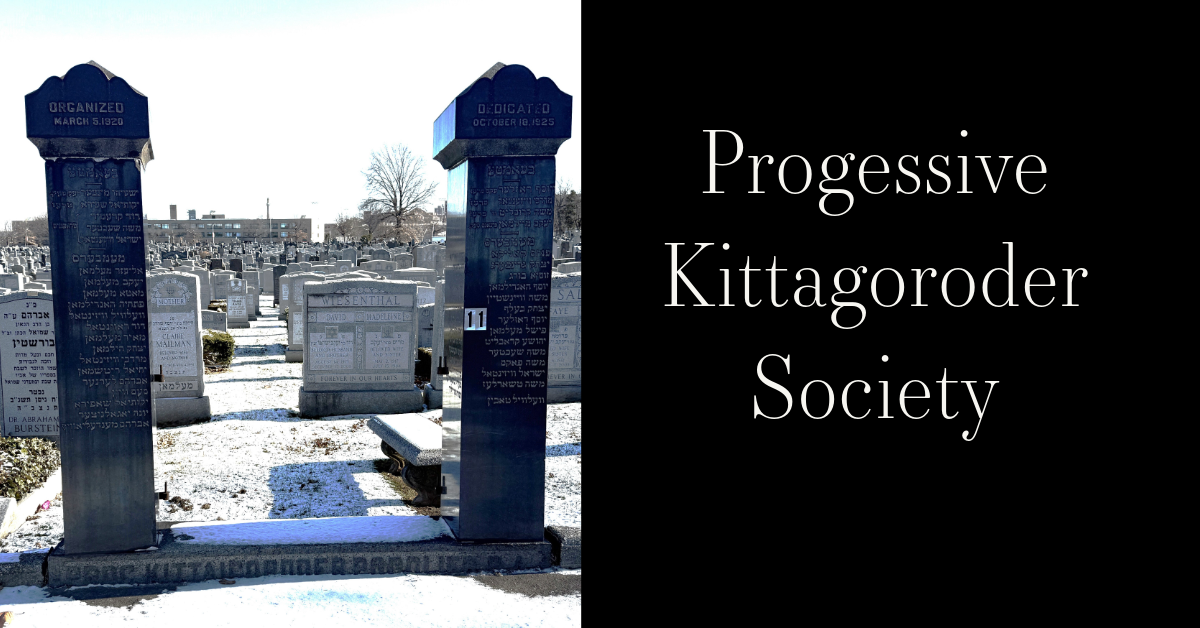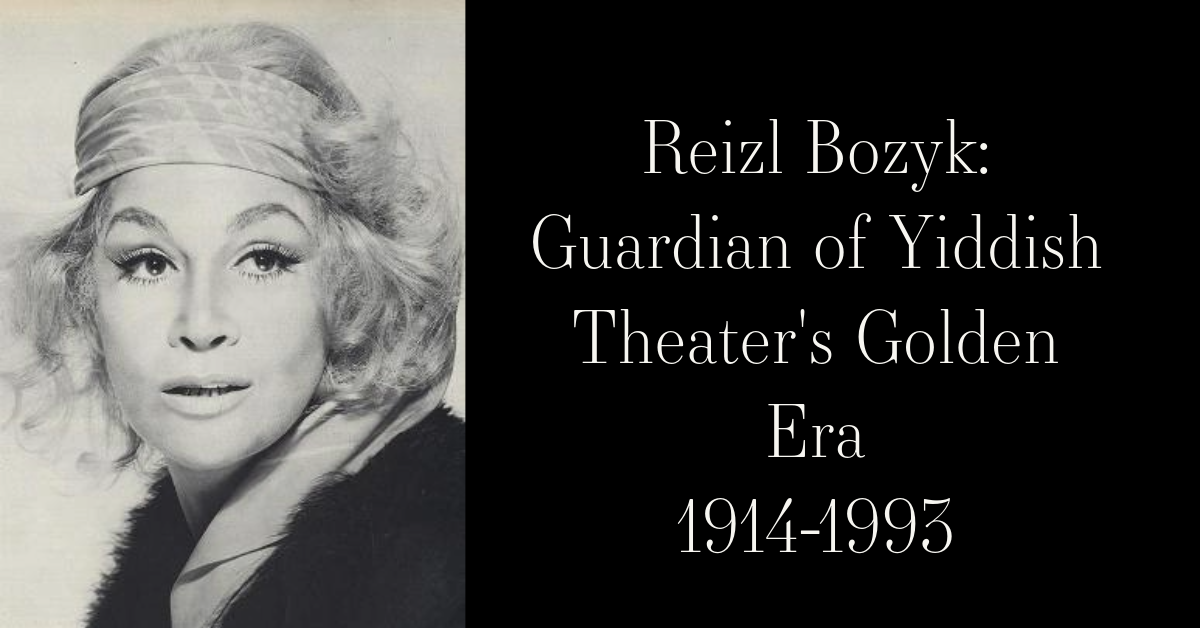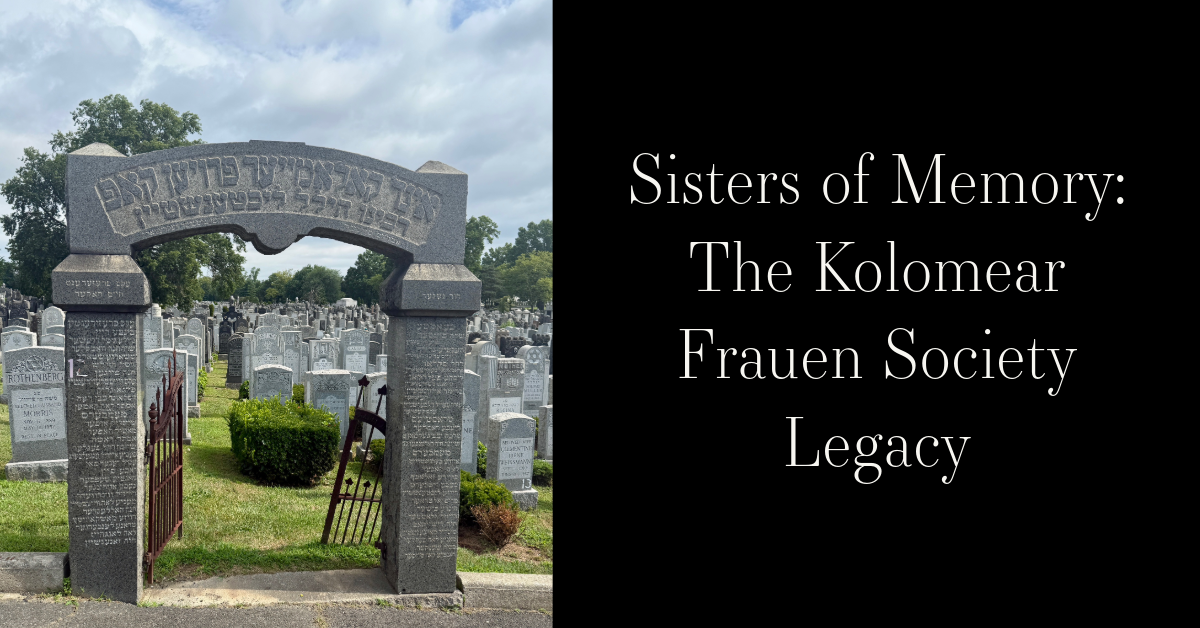Story Summary:
Morrie Ryskind (1895-1985) was a versatile American writer whose career spanned theater, film, and political journalism. A Columbia University student turned Broadway success, he collaborated with luminaries like George S. Kaufman, the Marx Brothers, and Irving Berlin, co-authoring hits like The Cocoanuts, Animal Crackers, and Of Thee I Sing, which won a Pulitzer Prize. Ryskind transitioned to Hollywood, contributing to classic films such as A Night at the Opera and Stage Door, earning two Oscar nominations. Though initially active in left-leaning circles, he became a prominent conservative voice, participating in HUAC hearings and helping to found The National Review. He later wrote widely circulated political columns and supported figures like Ronald Reagan. Ryskind's legacy lies in his sharp wit and lasting influence on both American comedy and conservative commentary. ~Blog by Deirdre Mooney
"Pulitzer to Politics: The Dual Legacy of Morrie Ryskind"
Morrie Ryskind (1895–1985) was a prolific American playwright, screenwriter, lyricist, and later, conservative political columnist, whose career spanned some of the most influential decades in American cultural and political life. Born in Brooklyn to Russian Jewish immigrants, Ryskind demonstrated literary talent from an early age. At Columbia University, he edited the humor magazine The Jester and quickly made a name for himself with his sharp, clever writing. Although he was expelled just six weeks before graduation in 1917 due to a controversial editorial, Columbia later honored his accomplishments by awarding him an honorary degree in 1942.
Ryskind's early professional years included work as a journalist and poet, with the 1921 publication of his book of light verse Unaccustomed as I Am. His theatrical breakthrough came through a collaboration with George S. Kaufman on The Cocoanuts, a Marx Brothers musical with music by Irving Berlin. This marked the beginning of a creative partnership that would yield Broadway hits such as Animal Crackers and, with a score by George and Ira Gershwin, the political satire Of Thee I Sing—the latter earning the Pulitzer Prize for Drama in 1932, the first time the honor was awarded to a musical. He would also collaborate again with Berlin on Louisiana Purchase in 1940.
As his career expanded into Hollywood, Ryskind adapted many of his stage successes for film. He co-wrote or contributed to the screenplays of A Night at the Opera, My Man Godfrey, and Stage Door, receiving two Academy Award nominations. His work helped shape the landscape of early American comedy, known for its sophistication, humor, and timely social insight.
Over time, Ryskind's political views evolved. While he had once been active in progressive circles, he later became a leading voice in American conservatism. In 1947, along with Gary Cooper, Ronald Reagan, Adolphe Menjou, and others, he testified before the House Committee on Un-American Activities about Communist influence in the film industry—a moment that reflected the era's heightened concern over ideological influence in the arts and media. He became a member of the John Birch Society, an ultra-conservative anti-Communist group, but soon left it, writing a scathing column about its leader, Robert Welch, whose direction he believed was damaging to serious conservative causes.
Ryskind went on to write a nationally syndicated column for the Los Angeles Times and later for the Herald Examiner. He played an instrumental role in the founding of The National Review, supported the work of William F. Buckley Jr., and maintained friendships with prominent figures including Ronald Reagan, who visited Ryskind shortly after being elected president in 1980. He also contributed to Human Events, a conservative magazine founded and edited by his son, Allan Ryskind.
Although he stepped away from theatrical and screenwriting work after the mid-1940s, Ryskind’s earlier contributions remained highly influential. His collaborations with George S. Kaufman, the Marx Brothers, George and Ira Gershwin, and Irving Berlin helped define the golden age of American musical theater and comedy film. His writing brought sophistication and satire to the stage and screen, and later to the political commentary pages.
Morrie Ryskind passed away peacefully in his sleep on August 24, 1985, at the age of 90, in Washington, D.C. He was survived by his wife, Mary; his son Allan, his daughter Ruth Ohman, executive editor of the Journal of American Cardiologists; and three grandchildren. His legacy is that of a gifted writer whose works blended wit and insight across mediums, and whose voice resonated in both cultural and political conversations for decades. His collected papers are in the Lincoln Center Library in New York City.
May his memory be a blessing.
~Blog Written by Deirdre Poulos
Stage productions
Reporter or columnist for The World
Unaccustomed as I Am (poetry collection) 1921
Contributor to The Conning Tower (F P Adams)
Publicity Dept at Fox
Stranger Than Fiction 1921 (a silent movie; just did some title cards
One Helluva Night 1924 (revue) contributed
Garrick Gaieties 1924 (revue) contributed
The Coconuts, play (w Kaufman, Berlin) 1925
Americana (a revue) 1926
He contributed 2 songs, music by Henry Souvaine, one sung by Helen Morgan.
Why do you roll those eyes the way you do & Nobody Loves Me Blues
Merry Go Round 1927 (co-author book & lyrics, w, Howard Dietz)
Animal Crackers 1928
Coconuts, film 1929
Strike Up The Band 1929
Animal Crackers, film 1930
Of Thee I Sing, 1931
Monkey Business 1931 (some rewrites, uncredited.)
Horse Feathers 1932 (rewrites, uncredited)
The Diary of an Ex-President ( print book by JP Wintergreen & Morrie) **
Let ‘em Eat Cake, 1933
Bring on the Girls, 1934
A Night at the Opera, 1935
Ceiling Zero, 1935 (rewrite) uncredited
My Man Godfrey 1936
The Luckiest Girl in the World, film 1936 (was associate producer, not writer)
Rhythm on the Range 1936 (rewrite)
Stage Door, 1937
Room Service 1938
Having Wonderful Time , film 1938 (uncredited)
Man About Town 1939
Louisiana Purchase 1940
His Girl Friday 1940
Penny Serenade 1941
Claudia 1943
The Meanest Man in the World 1943 (as pseudonym Allan House)
It’s in the Bag 1945
Where do we go from Here? 1945
Heartbeat 1946
** Diary of an Ex President for sale on Amazon


